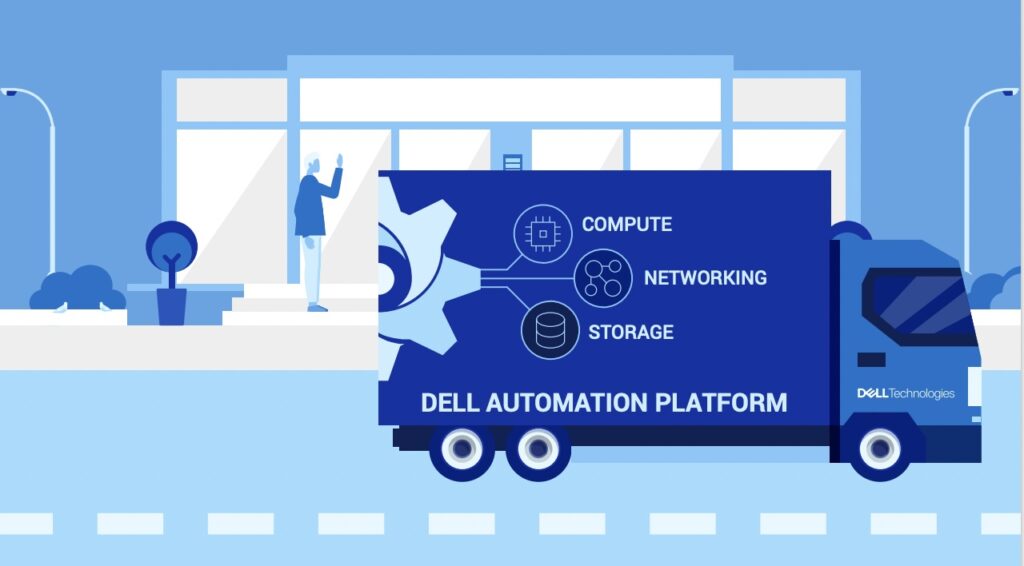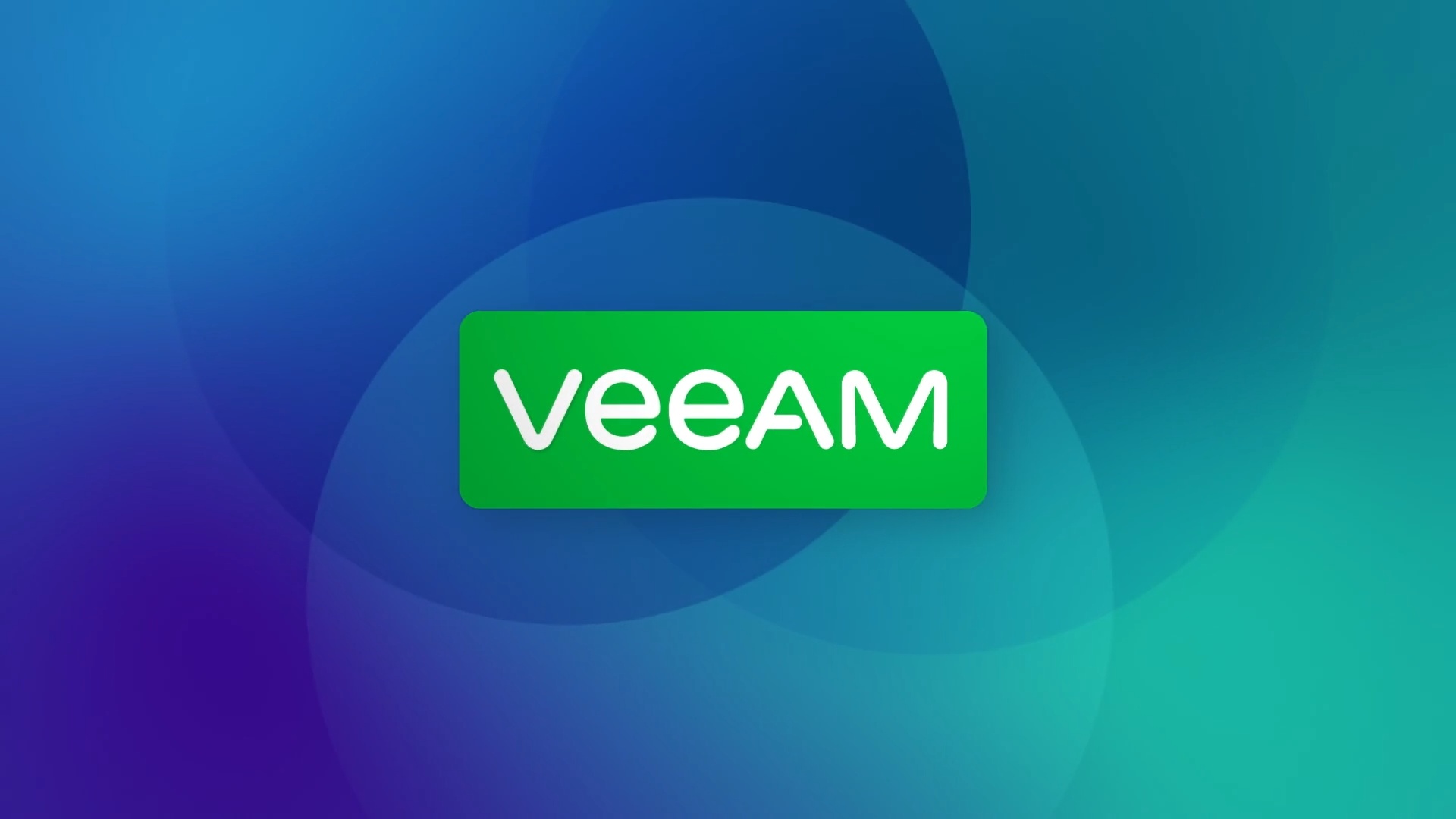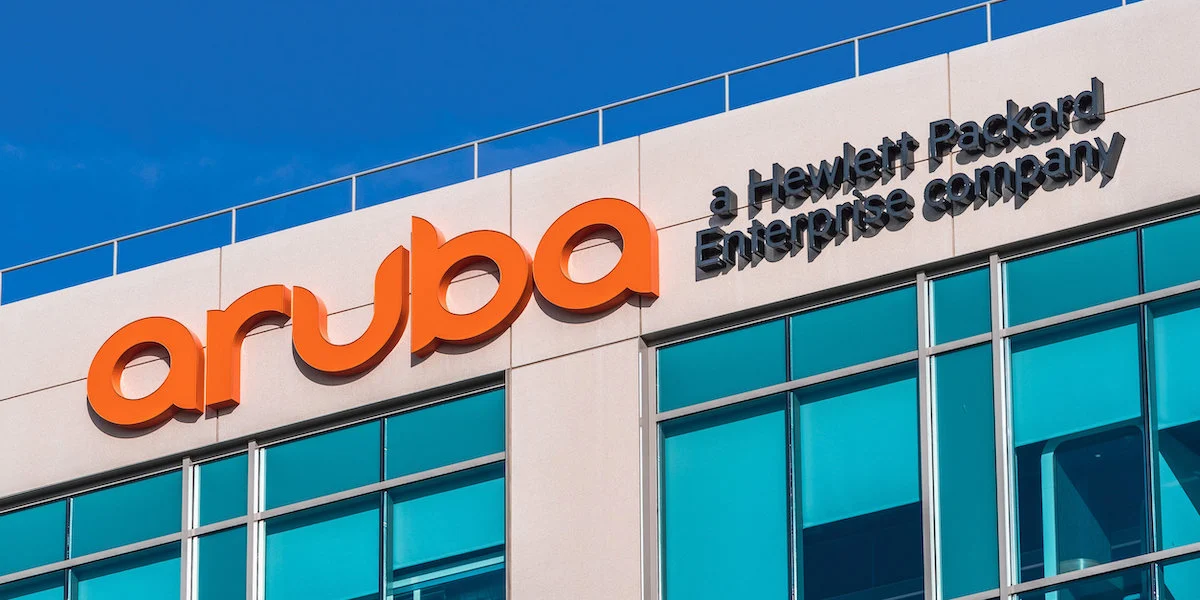First teased at Dell Technologies World earlier this year, the company has launched its Dell Automation Platform. The new centralized software orchestration solution consolidates management of AI, private cloud, and edge computing environments.
The platform sees Dell expand from its traditional hardware-centric solutions toward software-driven automation, addressing the operational complexity created by hybrid IT environments spanning traditional virtualization, containerized applications, and AI workloads.
Dell’s new solution integrates three primary offerings: Dell Private Cloud (expanded beyond VMware to include Red Hat and forthcoming Nutanix support), Dell NativeEdge for distributed edge operations, and Dell AI Solutions for streamlined AI deployment.
Key differentiators include zero-touch hardware onboarding, centralized lifecycle management spanning Day-0 through Day-2 operations, and validated blueprints backed by what Dell claims represents over 45,000 hours of testing.
The platform operates both on-premises and through SaaS deployment models, targeting organizations that seek to reduce vendor lock-in while maintaining operational consistency across their distributed infrastructure.
Technical Details
The Dell Automation Platform functions as a centralized orchestration engine built around validated blueprints, which are predefined deployment templates that define infrastructure, applications, configurations, and their interdependencies.
The platform brings together several integrated components that work together to automate infrastructure operations.
The orchestration engine serves as the automation core, executing blueprints and managing infrastructure and software across their complete lifecycle. This includes automated provisioning of servers, storage, software, and applications across diverse environments.
The solution incorporates secure zero-touch onboarding capabilities, allowing hardware to be automatically discovered, configured, and brought into a ready-to-provision state without manual intervention.
Dell AIOps integration provides intelligent monitoring and predictive analytics capabilities, while centralized inventory management offers unified visibility across distributed infrastructure components.
Automation extends from initial deployment (Day-0) through ongoing operations and maintenance (Day-2), encompassing full lifecycle management, native IT Service Management (ITSM) integration, and multisystem storage management capabilities.
Integration with Dell Solutions Portfolio
Dell Private Cloud expands its hypervisor support beyond VMware to include Red Hat OpenShift, with Nutanix support planned. Dell maintains support for existing tools like vCenter and OpenShift Console, reducing retraining requirements during transitions.
Dell NativeEdge provides full-stack edge computing capabilities, including high availability, workload balancing, VM snapshots, backup, and migration functionality. The solution incorporates an immutable operating system and flexible architecture options, leveraging both Dell and third-party infrastructure to address diverse edge deployment scenarios.
Dell AI Solutions integration offers a catalog of AI offerings, including LLM inferencing and RAG platforms, developed in partnership with a variety of AI solution providers.
Impact to IT Organizations
IT practitioners face immediate operational benefits from the Dell Automation Platform’s centralized management approach, particularly in environments struggling with infrastructure complexity and resource constraints.
The platform’s zero-touch onboarding and automated lifecycle management capabilities can significantly reduce manual operational overhead.
Dell’s validated blueprint approach offers substantial risk reduction for organizations lacking deep expertise across multiple technology stacks. Dell’s testing and validation process (along with relevant partners) provides a foundation of reliability that can accelerate deployment confidence, particularly for teams managing diverse workloads spanning traditional virtualization, containers, and AI applications.
The platform’s multi-hypervisor support addresses immediate market disruption in the virtualization space, providing practitioners with alternatives to single-vendor dependencies. This flexibility becomes particularly valuable for organizations evaluating VMware.
Analysis
The new Dell Automation Platform is a strategic move that sees Dell further expand beyond its traditional hardware-centric infrastructure sales toward software-driven solutions that address market needs around operational complexity and automation. Its comprehensive approach to unifying AI, private cloud, and edge management under a single framework addresses a legitimate gap in the enterprise infrastructure market.
Dell’s timing is advantageous, as market disruption in virtualization creates opportunities for alternative approaches, while growing infrastructure complexity drives demand for automation solutions. The company’s established enterprise relationships and global support organization provide implementation advantages over pure-software competitors.
For enterprises evaluating infrastructure automation strategies, the Dell Automation Platform merits serious consideration, especially for organizations with existing Dell infrastructure investments or those seeking alternatives to single-vendor platform dependencies.
Competitive Outlook & Advice to IT Buyers
Dell’s competitive strengths center on its established enterprise relationships, comprehensive hardware portfolio, and global support organization. The platform leverages these existing advantages while addressing infrastructure automation, a market experiencing significant growth driven by operational complexity and skill shortages.
However, Dell faces significant competitive challenges from established automation and orchestration providers. Companies like Red Hat, with OpenShift and Ansible automation, offer mature automation capabilities with broader ecosystem support. Cloud providers continue to expand their hybrid and edge offerings, potentially limiting demand for on-premises automation platforms…
These sections are only available to NAND Research clients. Please reach out to [email protected] to learn more.




